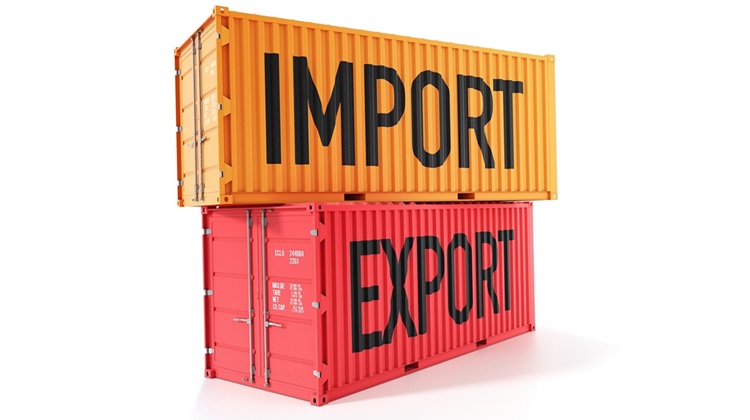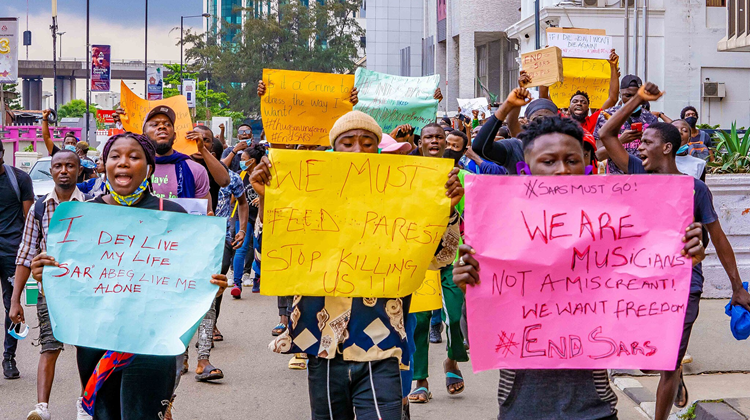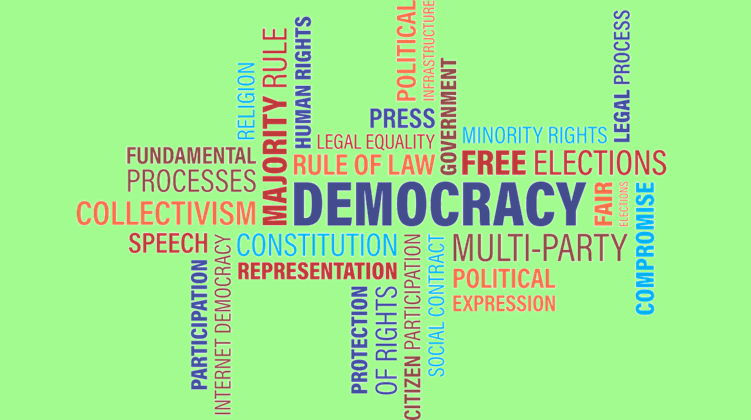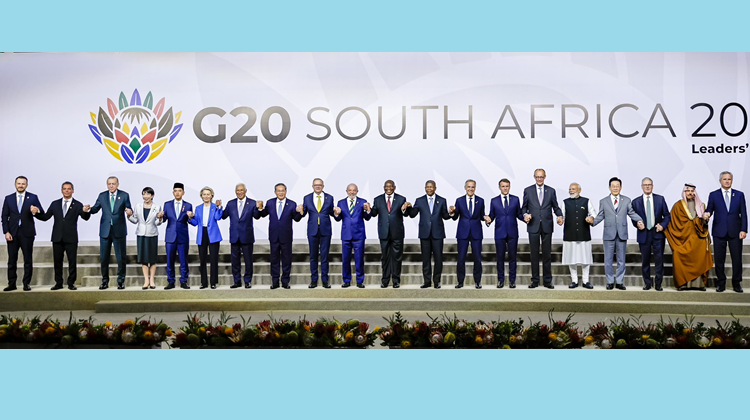What does Africa stand to gain from the new Trump presidency?
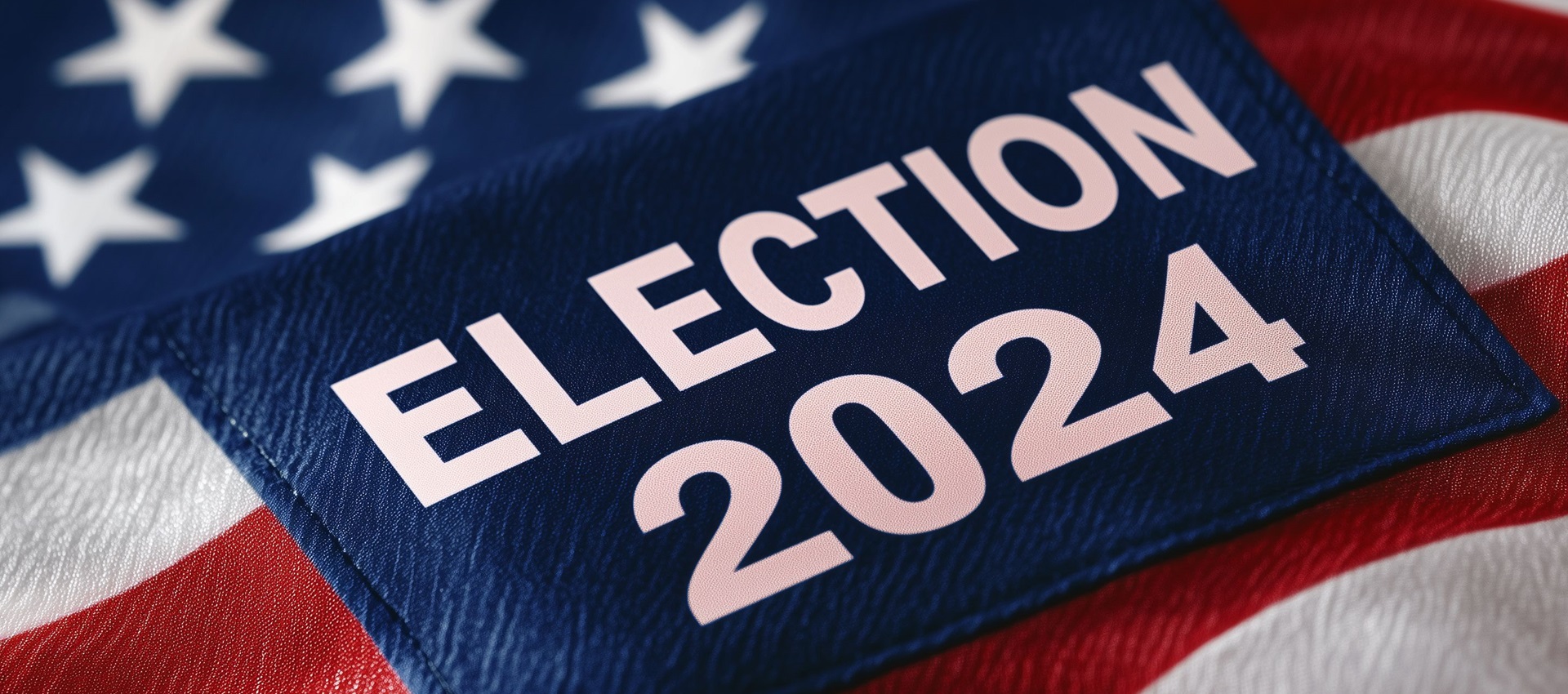
We need to explore how Africa’s economic growth prospects, US aid, and the evolving nexus of trade and investment could reshape opportunities.
In recent years, several African countries including Ethiopia, Kenya and South Sudan have received substantial foreign assistance and investments from the United States (US), aimed at bolstering economic growth and development. During the Biden administration, this support remained strong, with over US$20 billion in aid and approximately US$50 billion in investments provided from 2020 to 2024. While these figures suggest a commitment to economic engagement with Africa, it is essential to note the varied nature of US aid, much of it has focused on humanitarian assistance, which, while critical, contributes less directly to long-term economic development. This distinction is key, as developmental aid supports infrastructure, healthcare, education and energy projects, whereas humanitarian aid mainly addresses urgent, short-term needs.
Recent beneficiaries of substantial US assistance include Ethiopia (US$28.3 billion), Kenya (US$22.5 billion), South Africa (US$16.3 billion), Nigeria (US$23.1 billion) and South Sudan (US$17.3 billion) (see Figure 1). US support has focused on infrastructure, healthcare, education and energy, with countries like Nigeria and Kenya seeing significant investments in energy and agriculture to drive social and economic progress.
US Foreign Direct Investment (FDI) in Africa, however, has been on a downward trend over recent years, despite periodic increases in trade. This signals a shift in the nature of US economic involvement in Africa, highlighting potential vulnerabilities in the continent’s long-term economic stability. It signals a shift from the previous Trump administration's approach, which maintained significant aid and investment but with differing strategic emphases. With Trump’s re-election in 2024, there are open questions about the direction of the US-Africa economic relations. Key issues include whether the new administration will prioritise African partnerships, the extent to which trade and investment patterns will continue, and how these decisions might impact African economic welfare over the next four years and beyond. The future of US-Africa relations, especially regarding developmental aid, remains uncertain under the new administration.
The future of Africa's economies: A path to growth amid global shifts
Africa is a continent of contrasts, brimming with potential yet facing challenges that shape its economic trajectory. The story of African growth has long been one of optimism moderated by obstacles. Today, the continent is undergoing a profound transformation, evidenced by initiatives like the African Continental Free Trade Area (AfCFTA) and reforms in African financial systems. African nations continue to grapple with deep-rooted structural issues and severe external shocks, including surging food and energy prices driven by geopolitical conflicts such as Russia’s invasion of Ukraine. Despite these hurdles, the continent's economic outlook remains positive. The African Development Bank (AfDB) projects GDP growth to reach 4% in 2024, a rebound following the disruptions of 2020-2023 from the COVID-19 pandemic, inflationary pressures, and political instability in some areas. With increased foreign aid, investment and expanding economic partnerships, a new chapter for Africa is unfolding. A critical factor in this evolving landscape is Africa's strengthening ties with global powers, potentially offsetting declining US investments. While the European Union remains Africa’s largest investor by a significant margin, many African nations are also forging partnerships with China to support development needs.
A critical factor in this evolving landscape is Africa's strengthening ties with global powers, potentially offsetting declining US investments
However, the path ahead is fraught with complexities. Although US foreign aid plays a vital role in fostering economic development, the upcoming phase of growth will hinge on how African countries utilise this support to create strong, varied economies. Notably, nations such as Kenya and Nigeria are emerging as centres for technology start-ups, innovation and digital finance, establishing themselves as the continent's upcoming economic leaders.
The economic future of Africa is linked to the continent's capacity to leverage its demographic benefits. Together, South East Asia and Africa, having a youthful and expanding populace, represent the next frontier for global human capital. This is especially noticeable in the rise of the digital economy, a sector where the US has played a crucial role in assisting African countries in broadening access to digital services and platforms. The World Bank reports that Africa's digital economy may add US$180 billion to the continent's GDP by 2025, representing a substantive increase of US$71 billion from the current estimated contribution of Africa's ICT sector to GDP.
Investments in agriculture, renewable energy and infrastructure are key to creating a strong economic future. While the African Growth and Opportunity Act (AGOA) is intended as a key driver for enhancing exports and trade opportunities between the US and African nations, it is widely viewed as falling short of its potential. Although AGOA has provided some benefits, many believe it has not fully met expectations, particularly in fostering sustainable economic growth across Africa. However, the previous Trump administration expressed mixed views on AGOA, with some officials questioning its effectiveness in promoting reciprocal trade. Can this be the case with the Trump administration? While AGOA remained in place, the focus shifted toward renegotiating trade deals on more bilateral terms, allowing for tailored agreements that address the unique economic needs and priorities of individual African nations. This bilateral approach enables deeper, mutually beneficial partnerships by facilitating specific investments, technology transfers and market access arrangements that more directly support Africa's diverse economic landscapes. Its future importance depended on aligning AGOA with broader US economic interests in Africa.
Nevertheless, the difficulty persists for African economies to move from reliance on aid to more self-sufficient growth models. This necessitates enhancing institutions, addressing corruption, guaranteeing political stability, and promoting innovation. AfCFTA, effective in 2021, aims to establish a unified market for goods and services, enabling African countries to lower trade barriers, increase intra-Africa trade, and improve the continent’s competitiveness on the global stage.
The difficulty persists for African economies to move from reliance on aid to more self-sufficient growth models
The impact of trade wars: US vs China
The trade dispute between the US and China has important consequences for global trade, impacting African economies reliant on both nations. The trade conflict, started by the previous Trump administration, affected supply chains and increased expenses for African imports and exports, obstructing economic growth and restricting foreign investment throughout the continent. The US, China and the European Union are all essential to Africa's development. While the US and China contribute through trade, investment and infrastructure projects, the European Union plays a crucial role through aid, governance support and sustainable development initiatives. Together, these partnerships offer Africa valuable resources and opportunities for economic growth, capacity-building and enhanced infrastructure, supporting the continent's journey toward sustainable development.
Africa encounters various challenges and opportunities in the midst of this competition. Raising tariffs or imposing trade barriers could negatively impact nations dependent on exports to these countries, with economies such as South Africa possibly caught between rival powers. Nonetheless, Africa's advantageous location and resources offer a chance. The US may see Africa as a reliable source of raw materials, manufacturing and digital services, enabling African countries to diversify and enhance local industries, which aids them in managing global trade uncertainties more effectively (see Figure 2). The diagram illustrates the fluctuations in Africa's mineral and metal exports to the US and China from 2004 to 2023. It highlights the varying export values of these two major trading partners, reflecting shifts in global demand and trade dynamics. Notably, China consistently emerges as a dominant importer of African minerals and metals, underscoring its significant role in the country's export economy.
The bottom line: Is Africa's future promising?
While there is undeniable potential, the road ahead remains intricate and uncertain. The new Trump presidency may have introduced additional challenges for Africa's economic prosperity, particularly through its transactional approach to trade and foreign relations.
The outlook for Africa's economies appears bright, but it hinges on how well the continent can leverage its potential. By making appropriate investments in infrastructure, human resources and digital technologies, African nations are set for considerable growth. The US plays a crucial role in this process, particularly through support and investments from the private sector, with the Millennium Challenge Corporation being a key player in facilitating such initiatives. Nonetheless, achieving sustainable development will necessitate those African countries to enhance their self-sufficiency and engage more with the global economy. The persistent trade disputes between the US and China introduce an additional layer of complexity, yet, they also create opportunities for Africa to broaden its partnerships and leverage the continent’s strategic location. Ultimately, Africa's economic destiny lies within its own control; it will need robust leadership, prudent policy choices and international collaboration to guarantee that the advantages of growth are widely distributed and that the continent emerges as a significant player in the global economy in the years ahead.
Image: Marco Verch/CCNull

